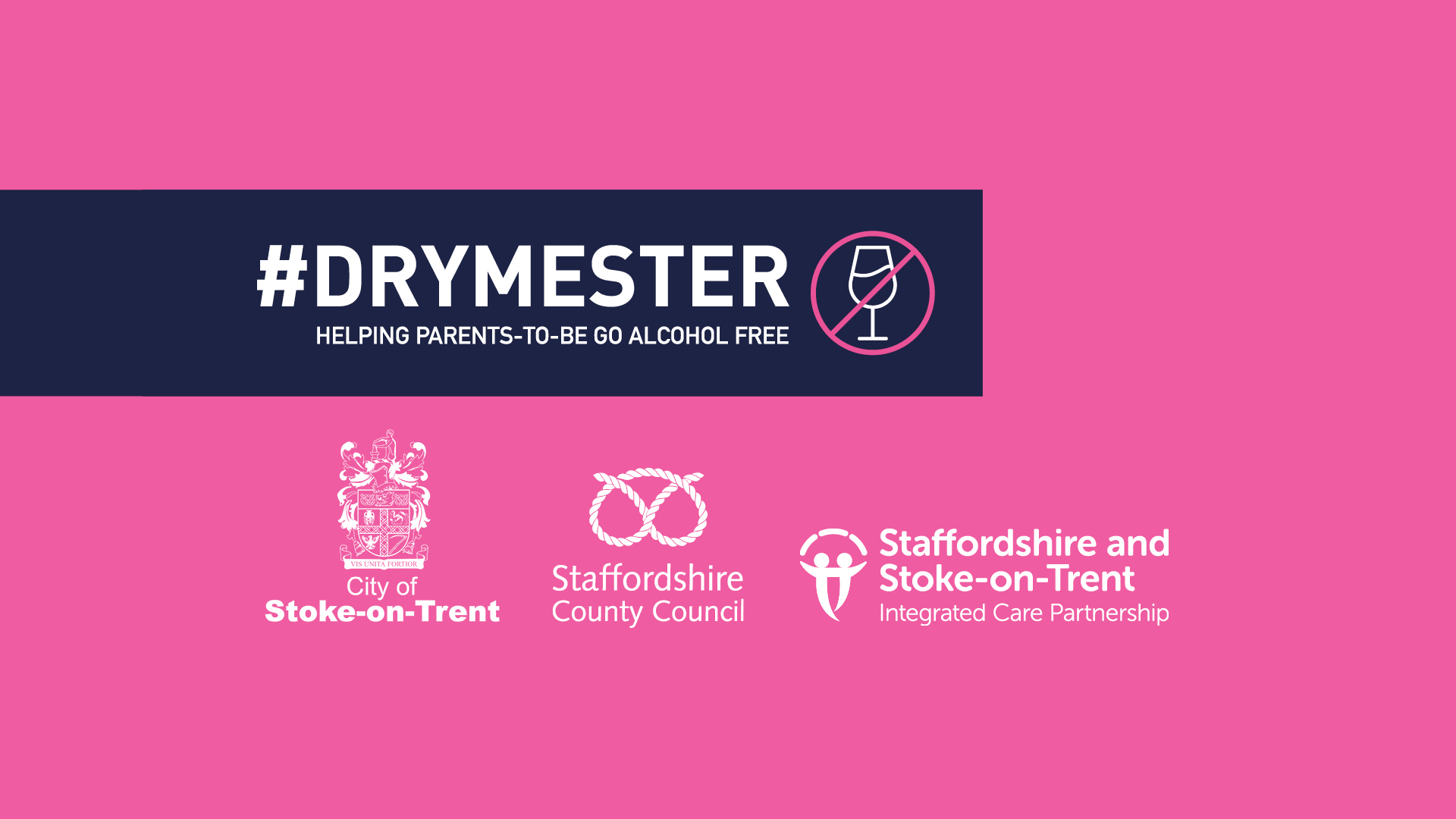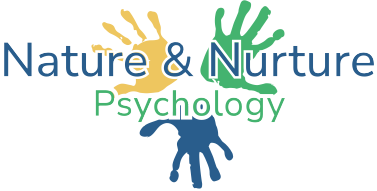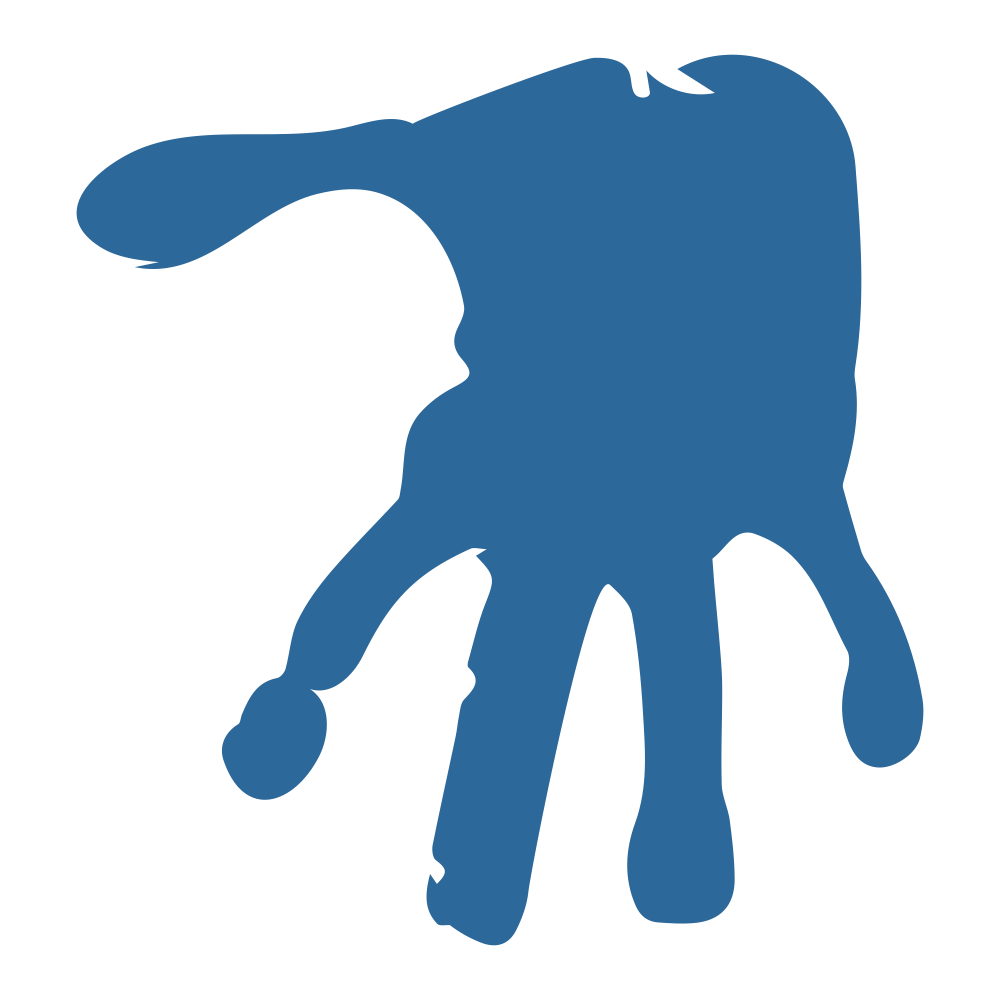Our services
Fetal Alcohol Spectrum Disorder Assessment and Support Service

Alcohol and Pregnancy
Many children and young people have been affected by an alcohol exposed pregnancy, meaning that during their development in the womb, they were exposed to alcohol. There can be many reasons for this, for example some mothers do not know they are pregnant, and may have drank alcohol in the early stages of pregnancy, and other moms may have experienced many stressful life events that have led to using alcohol as a coping strategy. Some mothers don’t know that drinking during pregnancy is harmful.
Causes of FASD
Unfortunately, we know that drinking alcohol during pregnancy can lead to a neurodevelopmental condition called FASD. This is where the prenatal alcohol exposure has affected the child’s brain in many different ways. For example, prenatal alcohol exposure can affect memory, thinking skills, language, adaptive functioning, attention, emotional regulation, and many more brain skills.

Contact Us For Support
If you are the parent or guardian, or professional working with a child who may have had an alcohol exposed pregnancy, then please get in touch so we can help. It is important that children with FASD have a comprehensive assessment, and are offered follow up support both in school, and at home.
FASD Assessments
Our assessments are undertaken by specialised clinical psychologists, speech and language therapists, and specialist therapists. We also rule out or rule in, other neurodevelopmental differences such as Autism and ADHD, and we also consider how attachment disruption and early adverse experiences may be affecting the child too.
How to get an assessment for FASD
Criteria for assessment
- The child or young person needs to have been seen by a paediatrician / psychiatrist
- There needs to be evidence of an alcohol exposed pregnancy (please contact us for support on how to obtain this information, or if you have queries relating to this).
- The child is presenting with difficulties or differences in three or more of the areas outlined below.
Areas of assessment
- Motor skills
- Growth differences
- Cognition
- Language
- Academic achievement
- Memory
- Attention
- Executive Functioning
- Emotional regulation
- Adaptive behaviour (skills of daily living)
- Social communication
The assessment process in our service involves the following:
- Information gathering and reviews of previous information, reports, and clinical records.
- School observations for primary school aged children and teacher liaisons for all children and young people to see how they are getting on at school
- Liaison with any other professionals involved.
- An indepth interview regarding the child’s developmental history with their parent or care giver.
- A child appointment where they can take part in formal assessments relating to the neurodevelopmental areas outlined above e.g. language, memory. This session will include a clinical psychologist and a speech and language therapist. If the child or young person isn’t able to take part in formal testing, indirect observations may be sufficient, please get in touch to discuss your individual’s needs in more detail.
- Outcome – the assessment information will be taken to a multidisciplinary meeting to be discussed. An outcome will be decided and this will be fed back to the family and young person. Comprehensive recommendations for the child and their family or carers will be made and outlined in an in-depth report.
- Follow up support is offered if the child and family would like further therapeutic intervention. This may include FASD discovery sessions to understand how FASD affects the child and issues relating to identity and emotional well-being. It also may include parent or carer sessions to further understand and reflect on the child’s behaviour through the lens of FASD.
Please get in touch for more information
Use the contact us button below to view our referral form.

Drymester Awareness Raising
Please check out the Drymester Campaign, aiming to raise awareness of the risks of alcohol in pregnancy.


